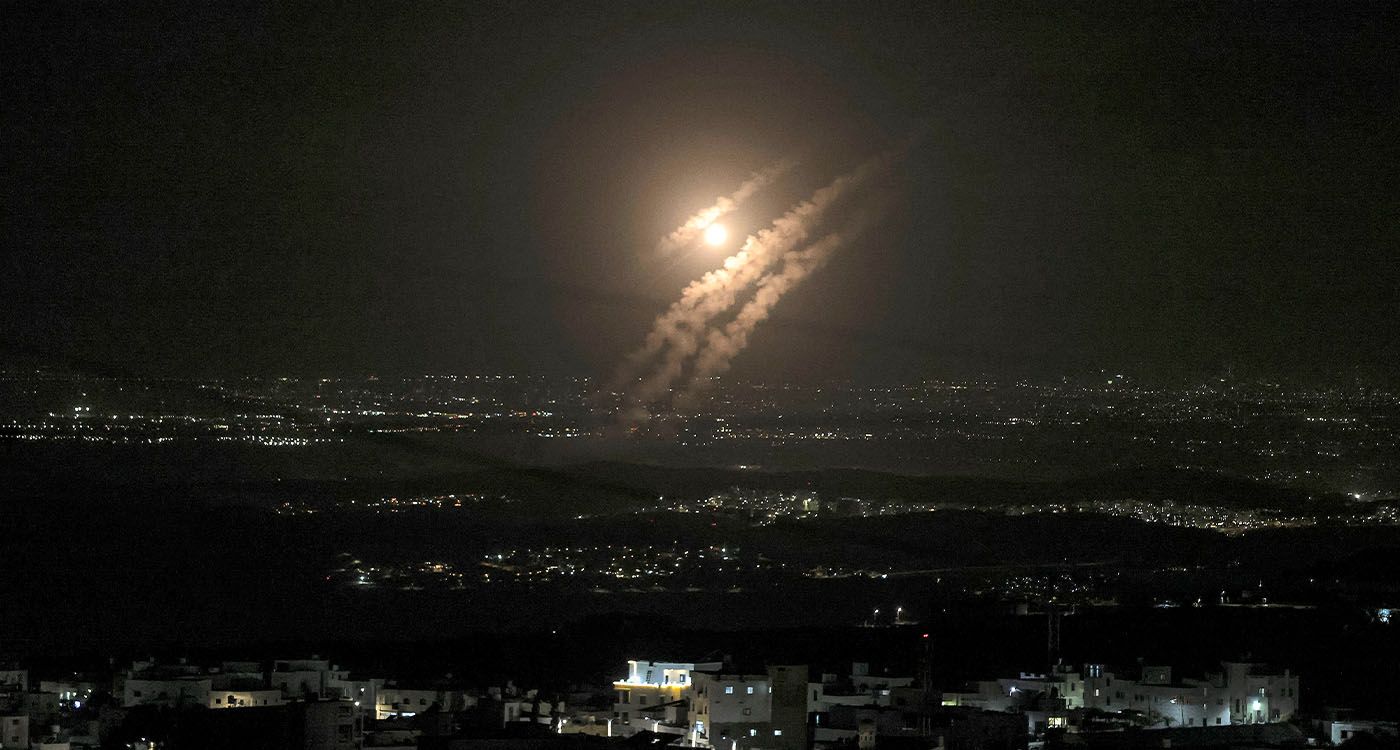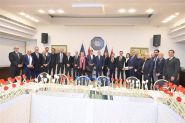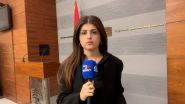
Israel’s response to Iran’s Oct.1 missile attack signals a marked shift from the previous phase, easing widespread concerns in Lebanon and internationally that Tel Aviv might push the region toward a broader conflict.
Reports indicate that a US-brokered arrangement between the two sides has defused the immediate threat of war, with further details likely to emerge later. Israel’s response appears largely symbolic — a face-saving measure — while Tehran, despite its threats, seems unlikely to escalate the situation further.
The arrangement brokered by Washington, to which both parties have agreed, is expected to bring a measure of relief to the region, with Lebanon likely benefiting, if not militarily, then surely on political and diplomatic fronts.
US special envoy Amos Hochstein, currently engaged in discussions across France, Lebanon, and Israel, may soon provide further clarity. On his sixth visit to Lebanon, Hochstein delivered to Parliament Speaker Nabih Berri a document outlining “a new mechanism for implementing Resolution 1701,” along with Israel’s conditions that go beyond the resolution’s original scope.
According to Western diplomatic sources, the conditions include allowing Israeli reconnaissance flights over Lebanese airspace, and potential Israeli intervention in southern Lebanon to verify that no bases, tunnels, or weapon depots are established, in addition to the formation of an international peacekeeping force with new contingents, including American personnel.
Berri seemed displeased with the visit, which followed an Israeli escalation geared toward pressuring Lebanon. The meeting started coldly, without a handshake, and turned into a bilateral discussion with Hochstein seeking to convince Berri, who is negotiating on behalf of Hezbollah, to endorse the new mechanism.
Berri emphasized that the situation has shifted dramatically, stating that Israel is pursuing a destructive course, refusing to halt its military actions, and disregarding all the guarantees that had been communicated to Lebanon.
The meeting wrapped up in less than two hours, and Hochstein left with the document he had brought for Berri, along with the latter’s firm position: a rejection of Israel's conditions, a request not to amend Resolution 1701, insistence on a ceasefire, the election of a consensus president, the formation of a government, and the immediate implementation of Resolution 1701. Additionally, he called on Israel to fully commit to all its provisions and for the deployment of the Lebanese Army along the border.
Following his brief stay in Beirut, Hochstein traveled to Paris (before heading to Tel Aviv) where he briefed members of the crisis unit at the Elysée on recent developments and the inconsistencies between Lebanon's and Israel's positions. Before arriving in Beirut, Hochstein believed his proposal would provide Hezbollah with an opportunity to silence the guns amid the devastating war being waged by Israel.
A Middle Eastern politician attributed Hochstein's lack of success to the timing of his efforts, particularly on the eve of the US elections, stressing that Hezbollah does not hold the final decision, but Iran, which is leveraging Lebanon to serve its broader regional agenda. French President Emmanuel Macron was blunt in that regard, stating that Iran has drawn Hezbollah into its conflict with Israel, therefore, the Shiite group must cease its operations beyond the Blue Line. Macron further underlined that it is impossible to return to the pre-October 7 situation and stressed the need to respect and implement Resolution 1701 fully.
While Iran claims it does not want war, it is keeping its proxies’ fronts "active" to serve its agenda. In the meantime, Tel Aviv is seeking to neutralize the “southern Lebanon front” by concentrating its efforts on dismantling Hezbollah's military power and weakening its infrastructure.
What Comes After the November 5 US Elections?
According to a Western diplomat, Israel's strategy is unequivocal, regardless of the outcome of the US presidential elections. In other words, there will be no cessation of hostilities until Iranian influence is stamped out of Lebanon, a matter that could drag on until next spring, when Hezbollah's military stockpile is depleted.
Iran prefers to negotiate with a Democratic president, as the previous nuclear agreement — which expires in 2025 — was signed during the Obama administration. A potential victory of Donald Trump, which revoked the nuclear deal, would represent a significant setback for Tehran.
Meanwhile, Lebanon has a window of opportunity to secure a ceasefire and pave the way for the election of a new president. Iran might be willing to facilitate the task of the incoming US administration by easing its influence over the Lebanese dossier. In such scenario, Hezbollah would revert to its "Lebanese identity," and a president would be elected based on the criteria established by the Quintet countries (Egypt, France, Qatar, Saudi Arabia, and the US).
French presidential envoy Jean-Yves Le Drian would then travel to Beirut to prepare the ground for the swift election of a president.




Comments